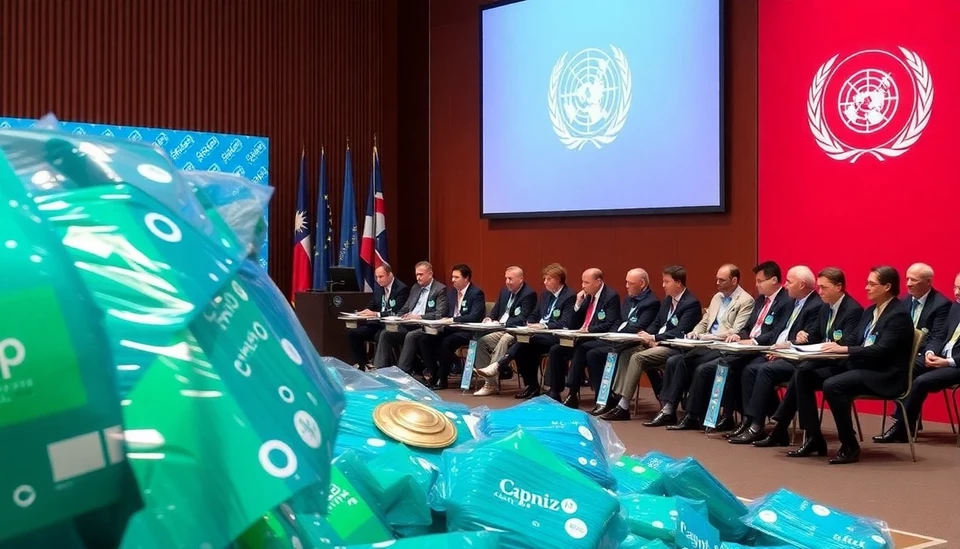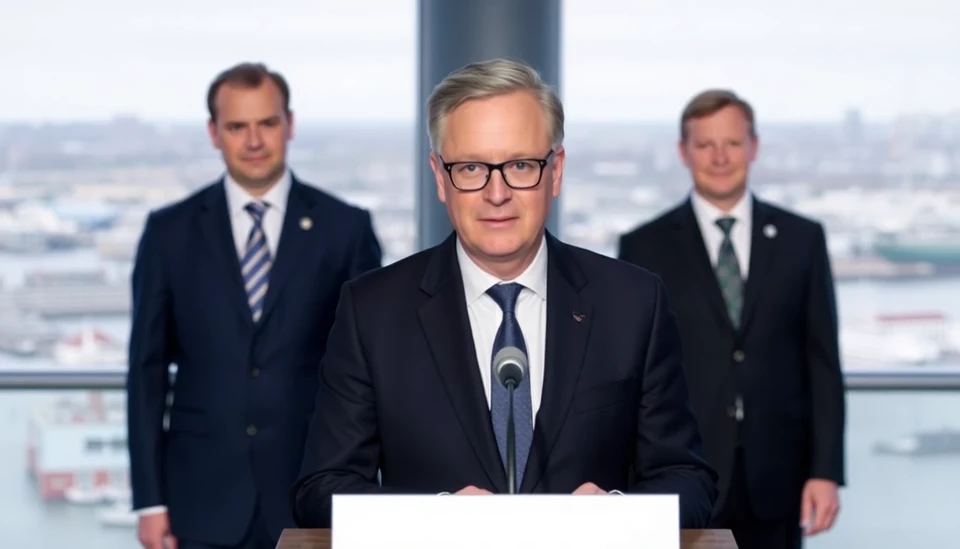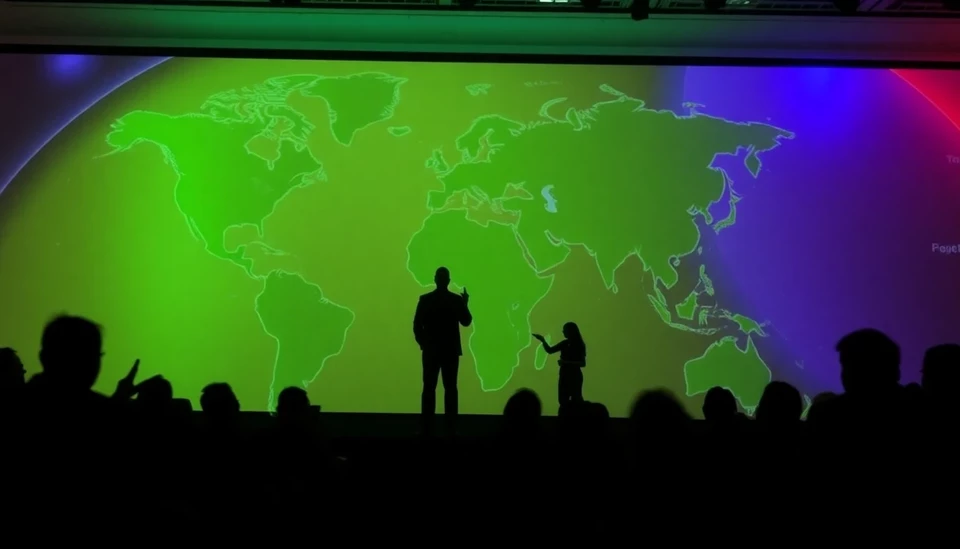
The 29th Conference of the Parties (COP29) has drawn global attention as leaders gather to evaluate progress and set ambitious goals for combating climate change. This year's conference is marked by an emphasis on the pivotal role of energy transition in achieving sustainability targets. Key discussions at COP29 underscore that the next decade is paramount for effective energy strategies, moving beyond mere promises to tangible actions.
During a series of panels and presentations, experts highlight that the energy transition is not just a matter of replacing fossil fuels with renewables; it involves deep systemic changes across various sectors. These adjustments are needed to significantly reduce carbon emissions, meet international climate agreements, and maintain energy security amidst growing geopolitical tensions.
One of the salient points raised at COP29 is the urgency of financing for renewable energy projects. With a required investment of trillions of dollars to facilitate the shift away from fossil fuels, leaders are exploring innovative funding models, including public-private partnerships and green bonds. The focus is on leveraging technology to enhance efficiency in energy consumption and production.
Moreover, discussions have also revolved around the socio-economic implications of the energy transition. As nations strive for greener economies, stakeholders are encouraged to prioritize just transition principles. This approach seeks to ensure that workers in fossil fuel industries are supported and retrained for opportunities within green sectors, thereby minimizing social disruption and economic inequality.
Another critical focus at COP29 is the need for international cooperation. Climate change is a global challenge that transcends borders. Therefore, fostering collaborative frameworks would allow for shared innovations and technologies that can accelerate the transition process. Countries are urged to commit not just to their national targets but also to broader, collective efforts to reduce global emissions.
Furthermore, the role of technological innovation cannot be overstated. The conference showcased numerous breakthroughs in energy storage, carbon capture, and alternative energy sources. Experts suggest that harnessing such advancements can play a pivotal role in mitigating the climate crisis, assuming they can be scaled effectively and integrated into existing energy systems.
The upcoming decisions taken this week at COP29 are expected to lay the groundwork for the climate policies of the next decade. As negotiations intensify, the global community looks to the delegates for resolutions that can inspire immediate action and foster long-term commitments toward an environmentally sustainable future.
In conclusion, COP29 serves as a reminder that while the path to energy transition is fraught with challenges, the next ten years will be critical in shaping a sustainable world. The decisions made here will potentially define the trajectory for climate action, highlighting the necessity of coordinated international effort, innovative financing, and community support.
#COP29 #EnergyTransition #ClimateAction #SustainableFuture #RenewableEnergy
Author: Megan Clarke




